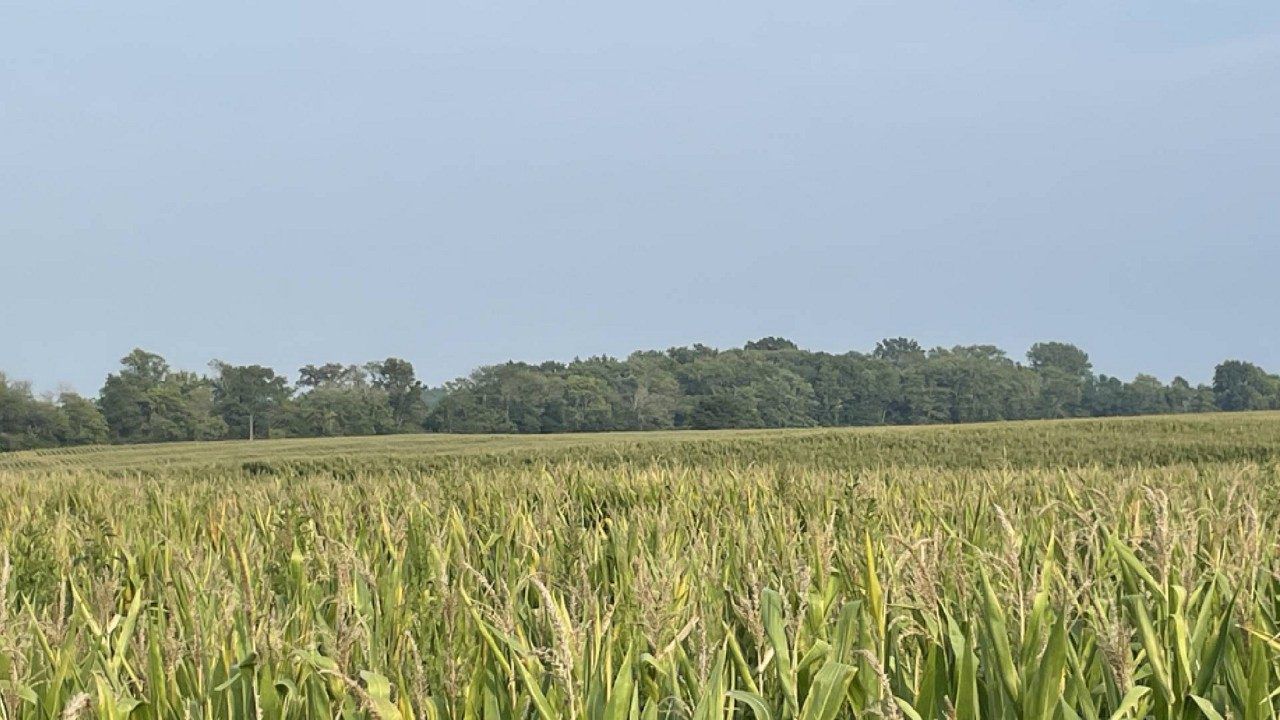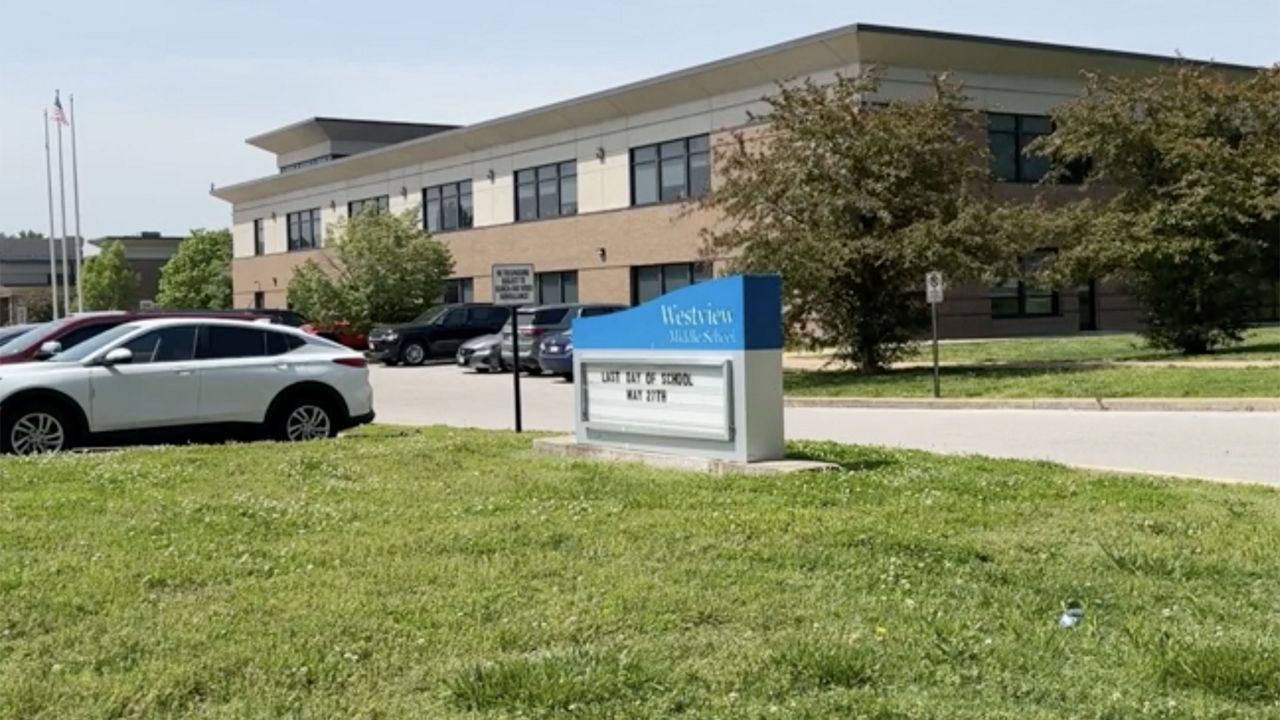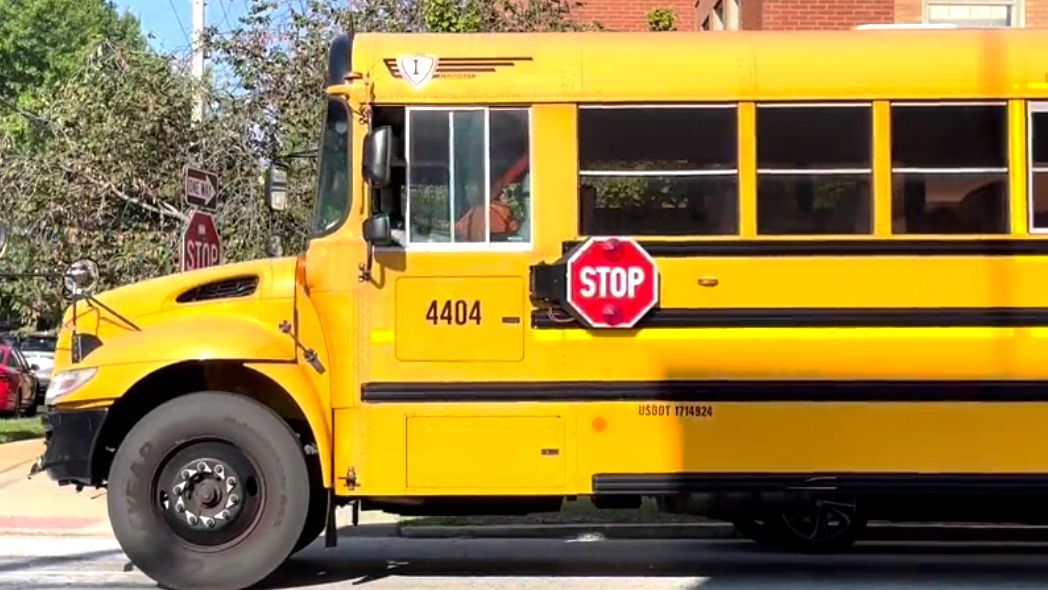ST. LOUIS—The St. Louis Area Foodbank says it bought 600,000 pounds of food that translated into half a million meals with funding from a federal program that is ending under the Trump administration.
The U.S. Department of Agriculture is ending several pandemic-era programs, including the Local Food Purchase Assistance Cooperative Agreement program.
The St. Louis Area Foodbank, working through the Illinois Eats program, purchased food from Illinois farmers in its service area and distributed to Illinois families in Jersey, Calhoun, St. Clair, Madison, Clinton, Franklin, Jackson, Monroe, Perry, Randolph, Washington and Williamson counties.
“As a pandemic-era program, LFPA will now be sunsetted, marking a return to long-term, fiscally responsible initiatives,” a USDA spokesperson told Spectrum News.
“USDA is prioritizing stable, proven solutions that deliver lasting impact. The COVID era is over—USDA’s approach to nutrition programs will reflect that reality moving forward.”
The grant cycle started in March 2024 and was supposed to run through June.
“It’s a pretty devastating blow,” said St. Louis Area Foodbank communications director Ericka Kinkead said. “The timing for this is not ideal,” she added, given layoffs, economic uncertainty, and the potential for a possible federal government shut down that could all lead to an increase in need.
This program requires Illinois farmers to invest in upfront input costs which is no longer possible given that the federal government has said they will no longer provide reimbursements," Illinois Department of Agriculture Director Jerry Costello II said last week. "Without federal funding, the program that has helped to create local food systems in Illinois is unfortunately no longer able to operate.”
The USDA will continue to pay for similar agreements that were in place before the version being canceled, which was created through a Biden administration executive order.
“With 16 robust nutrition programs in place, USDA remains focused on its core mission: strengthening food security, supporting agricultural markets, and ensuring access to nutritious food,” the agency spokesperson said.










